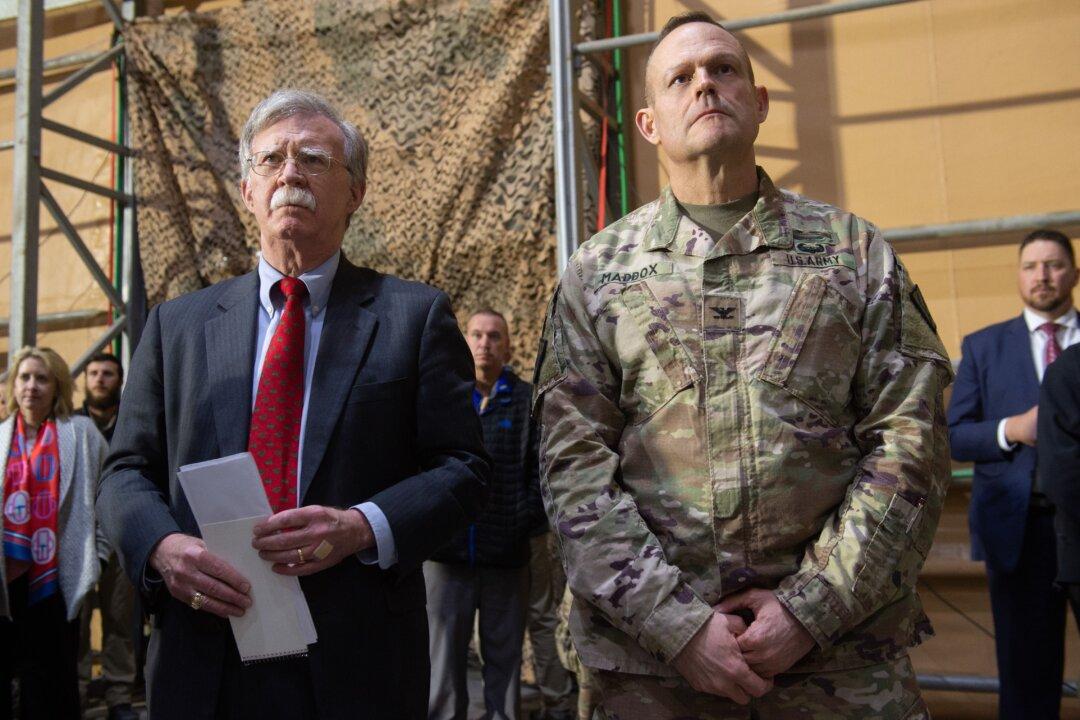Commentary
Dictators in China, Russia, Burma (Myanmar), and Ethiopia are today conducting genocide. Others in North Korea, Iran, and Venezuela add to the millions of deaths, arbitrary detentions, torture victims, and refugees.

Dictators in China, Russia, Burma (Myanmar), and Ethiopia are today conducting genocide. Others in North Korea, Iran, and Venezuela add to the millions of deaths, arbitrary detentions, torture victims, and refugees.